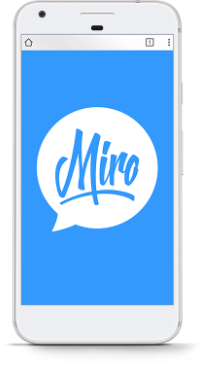Facebook Likes have previously been presented as valuable currency to advertisers within online marketing. Historically a “like” was seen as an indication of someone’s engagement with a brand or company. Advertisers had been led to believe that when running sponsored ads, these would increase their popularity as users share pages. Users click and “like” an ad and in return their friends would be notified in their news feed. A “like” is supposedly an indication that a user is interested in a product or offer.
Yet recently Facebook has came under the spotlight for the validity of these likes. In a  previous blog What is The Real Value Of A Like On Facebook it mentions that around 5-6% of users may be fake. It was found that the quality of “likes” was poor and came from suspect fake accounts.
previous blog What is The Real Value Of A Like On Facebook it mentions that around 5-6% of users may be fake. It was found that the quality of “likes” was poor and came from suspect fake accounts.
Facebook have since then issued a blog on their site stating that an effort has been made to remove “those likes gained by malware, compromised accounts, deceived users, or purchased bulk Likes”…..”Pages will have a more accurate measurement of fan count and demographics”. However the “Facebook fraud” story continues with Facebook “likes” now being automatically added without user clicks or even visiting a page.
A US security researcher found that just by sending a private message on Facebook to a friend using a web address, would add 2 likes to that page. Also, if you leave a comment on a page whether it’s negative in nature or not, will add to the rack of “likes”.
Facebook have now explained that the “like” figure doesn’t only represent how many have clicked “like” but how many times a page has been shared. Therefore campaigners who are sharing information to highlight negative content, are inadvertently making the page more popular. However within Facebook’s key functions on their page they only state “When the user clicks the Like button on your site, a story appears in the user’s friends’ News Feed with a link back to your website.”
This information has came to light at the same time Facebook has announced it is has 1 billion users but what is the real figure? It may not seem that important if Facebook has fake accounts and manipulated likes but these figures could manipulate someone into thinking that a product is great if it has multiple likes. What else is Facebook not being transparent about?
It raises the question about how much emphasis should we really put on Facebook likes. It stands to question, how much have Facebook moved their own goalposts?
If you’d like to discover how Miromedia can create a genuine online marketing strategy for your company contact our friendly team today.
